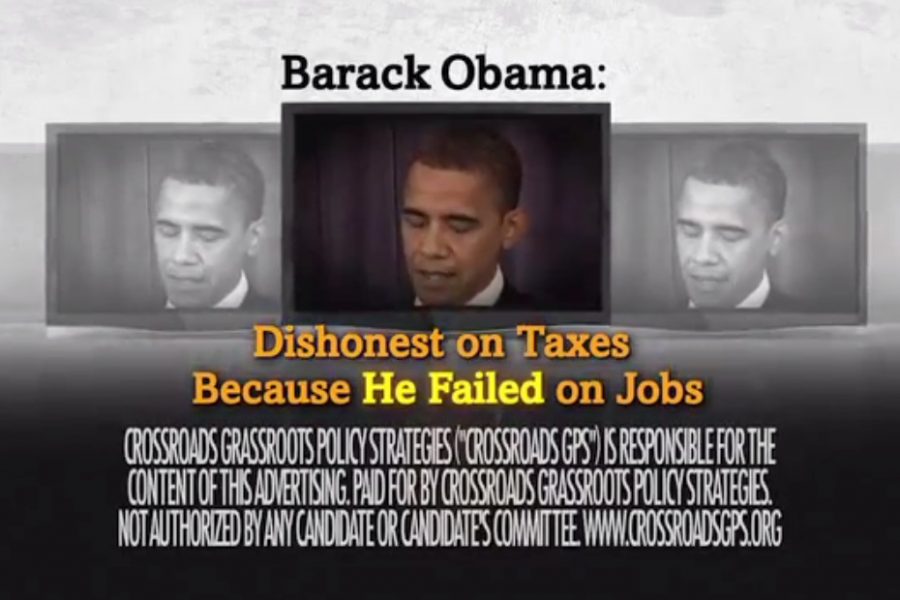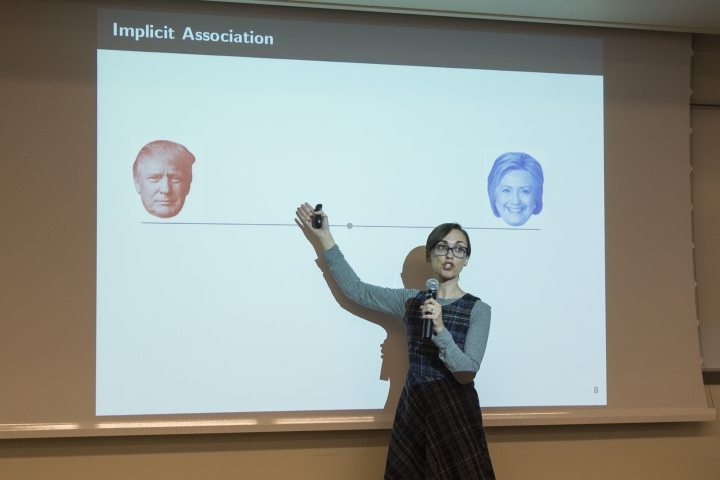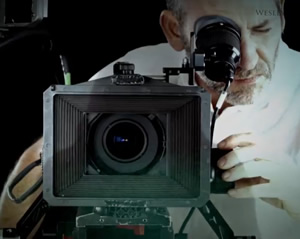Reducing the effectiveness of group-sponsored advertising through disclosure

This post from Travis N. Ridout was first published at The Blue Review, a journal of popular scholarship in the public interest at Boise State University. Click here for the original post. It used to be that candidates paid for most of the political ads that aired on their behalf. If they were involved in a highly competitive race, their political party might have jumped into the “air war” to pay for some ads backing the candidate. Occasionally, an interest group even waded into the political ads game. But in the past decade, that traditional balance of advertising sponsorship…
Wesleyan Media ProjectMarch 18, 2015



